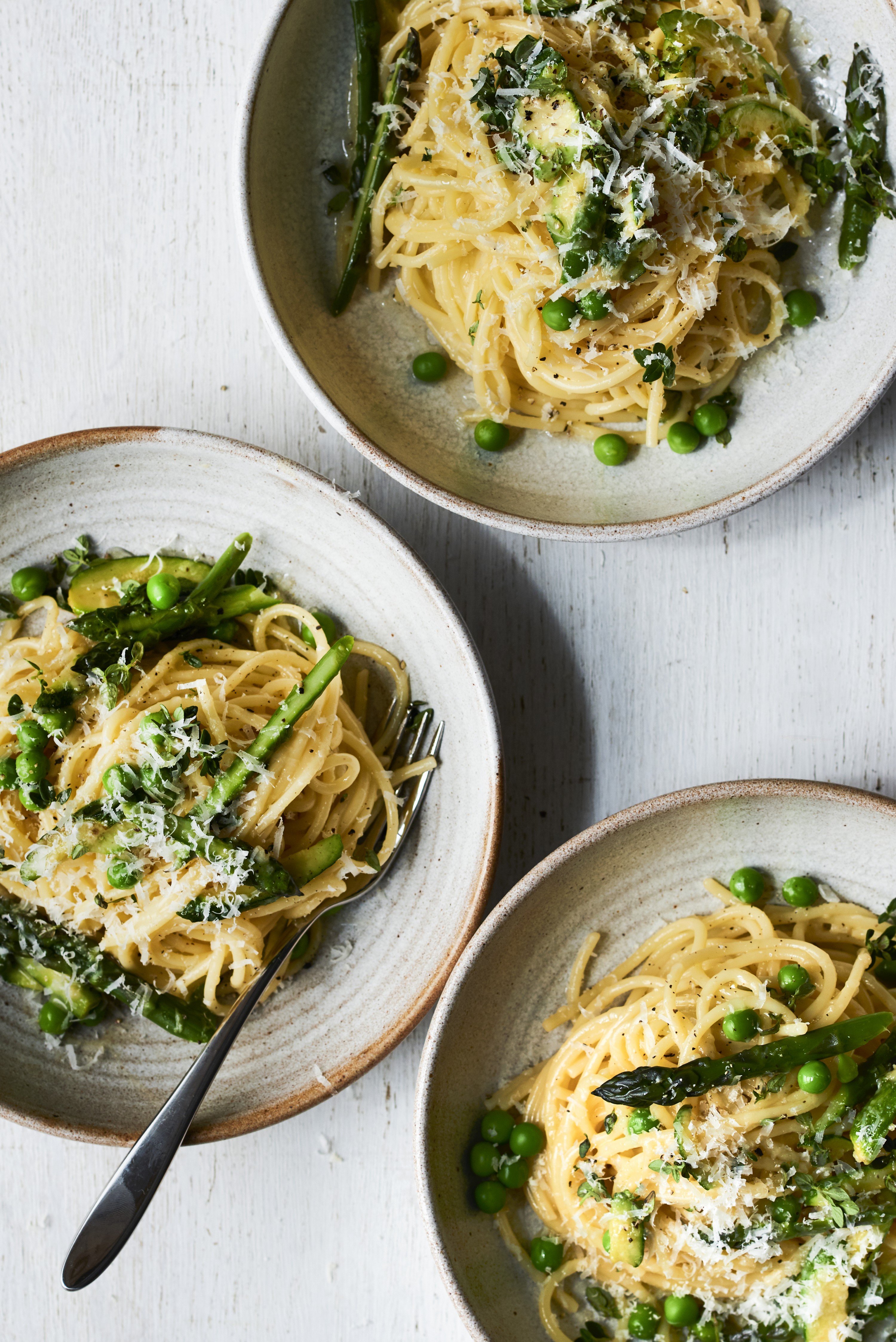Since Plant Based News and ProVeg set up the World Plant Milk Day campaign in 2018, people around the world have cottoned on to the fact that there is a rich variety of plant-based milk alternatives on the market, from cashew and almond to rice and coconut.
Cruelty Free Beauty
- 4 signs you have low iron levels
- Zero Waste Beauty: Adopt a green routine with these sustainable products
- This eco-friendly beauty box is packed with refillable multi-taskers
- “I find myself using it even when I don’t need to!”
- Arctic-inspired natural skincare brand launches in the UK
- Green People launches beauty balm packaged in 100% biodegradable pot
- Lush launches same-day delivery service for its iconic handmade cosmetics
- “This cruelty-free tanning water gave me the confidence boost I needed”
- rho launches sustainable loungewear that gives back
- Rose & Caramel Raises Awareness For Women’s Self-Esteem & Mental Health With ‘I TAN FOR ME’ Campaign
- Couple launches entirely plant-based and refillable deodorant on Kickstarter
- View all
Eco Living
- Simple Hacks to Cut Your Food Waste with Gino D’Acampo
- Five Easy Ways to Reduce Food Waste
- Eat these foods to boost your mood
- Upgrade Your Cheese Toastie
- Have a healthy Christmas with these festive food swaps
- Omega-3 Health Benefits
- 5 minutes with Max La Manna
- A nutritionist’s guide to eating for healthy joints
- Easy ways to achieve your health goals
- Discover the benefits of raisins on a vegetarian diet
- Improve your gut health with California Raisins
- View all
Vegan Recipes
- Quorn Vegan Hot & Spicy Burger with Pink Slaw
- Tomato and Pumpkin Soup
- Pea and elderflower cocktail
- Matcha Coconut Ice Cream
- Vegan Lemon Bars
- Mango Salad with Thai Dressing
- Garden Gimlet
- Tofu & Green Beans Teriyaki
- Cornflakes Bombay
- Rainbow Pickle
- Soba noodles with kale and collards
- View all
Popular recipes
- Spinach and ricotta quiche vegetarian recipe
- Cheats mushroom and spinach lasagne vegetarian recipe
- Lentil bolognese vegetarian recipe
- Creamy mushroom stroganoff vegetarian recipe
- Malaysian Rendang curry vegetarian recipe
- Feta, Butternut Squash, Caramelised Onion and Cashew Nut Wellingtons
News
- Pukka launches vegan pies to enjoy at home
- Wagamama reopens with innovative social distancing measures
- Wagamama’s new food concept is all about sustainability
- This reusable bag is made entirely out of recycled plastic
- Jimmy’s Oat Flat White: it’s vegan, it’s iced and it’s a total winner
- Tropic launches environmentally friendly sunscreen range
- Oatly is Giving Away Free Tea and Coffee Across the UK
- ProVeg Launches Veggie Challenge App for Plant-Based Lifestyle
- New app helps you track and reduce your plastic consumption
- Big Butterfly Count calls on public to help with conservation efforts
- This inclusive vegan underwear is made from seaweed
- View all
6 types of plant milks and how to use them
As we mark World Plant Milk Day, the Veggie team is celebrating the versatility of dairy-free alternatives!

Whether you’re slowly swapping out dairy milk or have a stash of plant-based varieties at hand, it can be tricky knowing which milk alternative works best for what purpose.
The good news is that most vegan milks can easily replace dairy milk, but keep in mind that flavours differ among plant-based varieties, and the temperature can often affect a milk’s consistency.
So, how do you use plant milks in cooking? And which variety is best suited to what purpose? Here’s our quick guide to the most popular plant milks, plus some inspiring recipes to get you cooking with non-dairy alternatives!
1 Soy milk
Rich, creamy, and packed with protein, soy milk is perhaps the closest to cow’s milk, and one of the best options in terms of cooking. Typically, you can use it to replace whole dairy milk in most recipes, whether it’s a sauce, baked good or smoothie. Soy milk also curdles well when mixed with an acid like apple cider vinegar or lemon juice (which increases its leavening power) so is a great option for making vegan buttermilk to boost the crumb quality of cakes and muffins.

2 Almond milk
Arguably one of the most popular non-dairy milks today – and an easy one to make at home – almond milk is high in vitamins and nutrients. Slightly sweet and nutty, it works well with cereal or in coffee – though for the latter, you’re better to warm up the milk so it doesn’t curdle when added to a hot drink. While it works well in savoury dishes, its sweeter flavour means it’s best suited for using in smoothies and desserts - like this Guilt-Free Chocolate Mousse. If getting shop-bought almond milk, look for varieties with no added sugar or other unnecessary ingredients.
3 Coconut milk
Editor Sian loves drinking coconut milk straight up, or pouring it into coffee or tea for a rich, creamy cuppa. But it works beautifully in cooking and baking as well, adding a bit of coconut flavour without overpowering a dish. Be careful of the type you purchase, though: tinned coconut milk is too thick and creamy to drink, so look instead for cartons for this purpose. Tinned coconut milk, however, is a great option for vegan whipped cream and to make creamy puddings!
4 Cashew milk
The creamy texture of cashew milk makes it a great option for savoury dishes that require a thick, creamy sauce. It also works well in sweet recipes, desserts and creamy drinks.

5 Oat milk
Content writer Paisley is a fan of oat milk, poured over cereal and in her daily brew. It’s also a great option for both sweet and savoury dishes – like this Summer Veg Carbonara – and its texture makes it a good option for curries and light soups.
6 Rice milk
With a more delicate texture and slightly sweeter taste, rice milk is a good option for desserts, soups and light sauces. Some people feel that it has a similar taste to cow’s milk, so you may find you prefer it with cereal or coffee.
Has this inspired you to get cooking with plant-based milks? Here are our 5 favourite recipes using dairy-free alternatives.
More from Vegetarian blog

If you don't eat meat, you develop a few habits and skills that meat eaters will never really understand...

If you've been appointed the resident Christmas dinner cook and you're starting to get the jitters about planning something exciting and flavoursome for a non-meat eating guest, here's our pick of the best festive feasts.

Want to make your meat-free life easier? Check out these shortcuts to delicious food




